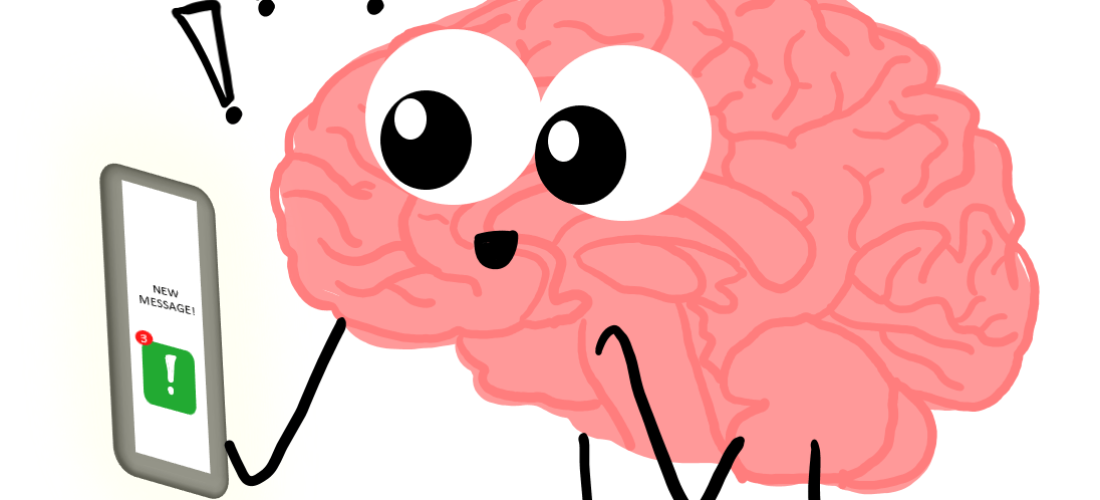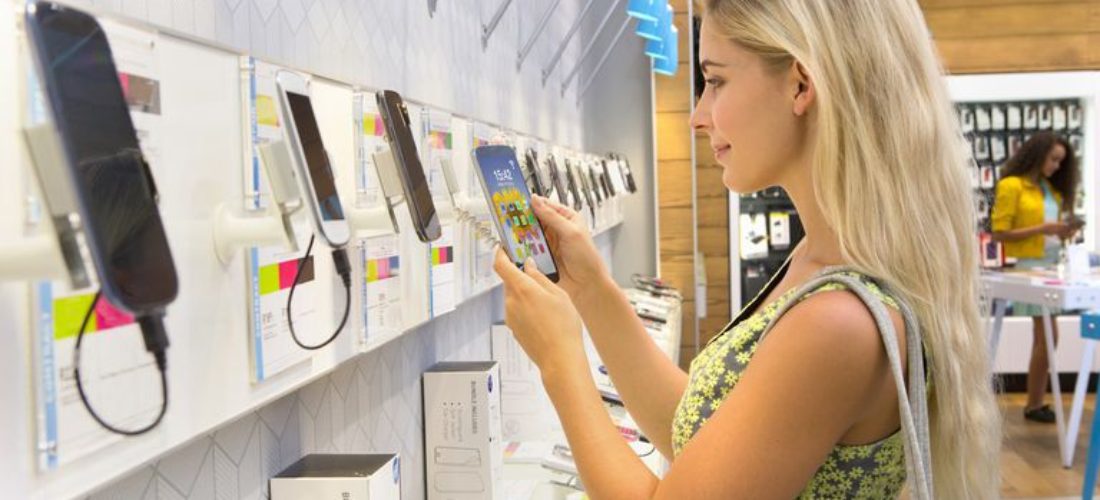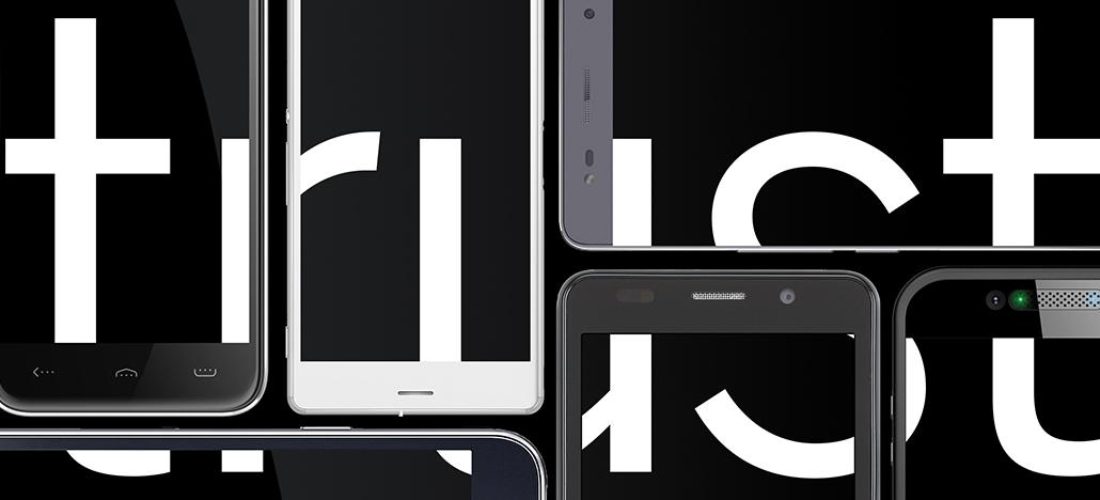Although acknowledging that cell phones and pagers are a convenience for students and parents, the organization notes “From an educational perspective, cell phones primarily present another disruption to the educational environment on a day-to-day basis.”
Click here to view original source Schools, States Review Cell Phone Bans






